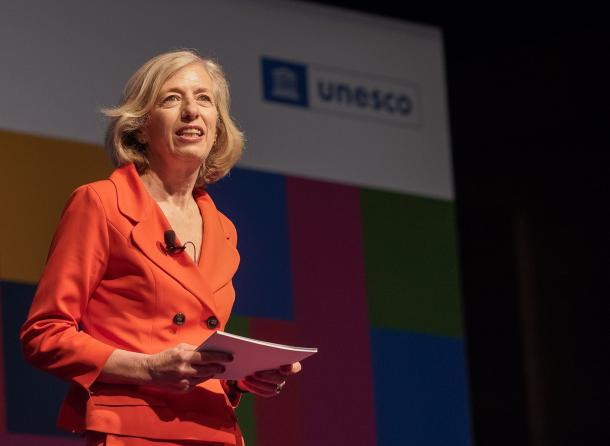
Western Australian curriculum launched in Karnataka
Western Australian Curriculum Launches in Karnataka A New Era for Globalized Learning in Indian Schools
In a pioneering step towards educational globalization, Karnataka has become the first Indian state to implement the Western Australian curriculum in select schools, setting the stage for a significant transformation in the country’s academic landscape. The initiative, launched officially at three schools two in Bengaluru and one in Bidar marks the entry of Australia’s government backed education model into India. This curriculum, known formally as the Western Australian Certificate of Education (WACE), is expected to offer Indian students a globally recognized qualification while staying grounded within the Indian socio cultural context.
The introduction of this curriculum comes at a time when Indian education is undergoing a paradigm shift, especially after the release of the National Education Policy (NEP) 2020. The NEP emphasizes experiential learning, critical thinking, skill development, and a reduction in rote memorization tenets that align closely with the Western Australian system. The WACE curriculum emphasizes conceptual understanding, inquiry based learning, and continuous assessment. With its project based learning modules and a strong focus on student engagement, WACE is considered particularly well suited for developing 21st century skills such as problem solving, collaboration, and global awareness.
One of the most appealing aspects of this initiative is its affordability and accessibility. Unlike other foreign curricula such as the International Baccalaureate (IB) or Cambridge IGCSE, which are often financially out of reach for middle class families, the Western Australian curriculum is designed to be cost effective. Reports suggest that the overall cost of studying under WACE will be significantly lower almost 60 70% less than traditional international boards. This provides a crucial opportunity for Indian students, particularly in tier 2 and tier 3 cities, to access globally benchmarked education without the burden of high tuition fees.
Another standout feature of the WACE curriculum is its flexibility. While rooted in Australian academic standards, the program has been thoughtfully adapted to suit Indian learners. Teachers receive intensive training up to 150 hours over two years to become familiar with the pedagogy, methodologies, and evaluation systems of WACE. These training programs also incorporate modules on local cultural integration, ensuring that educators can contextualize lessons to reflect Indian heritage, traditions, and societal values. The initial batch of 30 teachers in Karnataka has already completed preliminary training and will undergo regular upskilling through workshops led by Australian curriculum experts.
At the academic level, WACE includes core areas such as Mathematics, English, Science, Humanities, Arts, and Physical Education, along with electives in languages and technologies. The curriculum avoids the conventional textbook centric approach and instead promotes exploration through hands on activities, real life problem solving, and collaborative assignments. Assessment in the lower grades is formative and feedback driven, while formal examinations begin only in senior secondary classes (Year 11 and 12), where students take standardized tests recognized by the Australian government and international universities. This structure supports holistic development while ensuring students are academically prepared for tertiary education.
The collaboration has already gained traction among parents and students. Many see it as an opportunity to gain a globally portable qualification without needing to relocate or study in expensive international institutions. Importantly, the WACE qualification is recognized by universities not only in Australia but also across the UK, Canada, Europe, and the United States. The curriculum also offers the Australian Tertiary Admission Rank (ATAR), a ranking system used by universities in Australia to determine eligibility for undergraduate admission. Indian students studying WACE in Karnataka will thus be equipped with credentials that open global doors while still being compatible with Indian higher education institutions due to its recognition by the Association of Indian Universities (AIU).
The rollout in Karnataka is being seen as a pilot for a broader nationwide initiative. Over the next three years, there are plans to expand the curriculum to at least 100 schools across India, including in Maharashtra, Gujarat, Tamil Nadu, and Delhi. The strategy is not only to promote international best practices but also to encourage collaboration between Indian and Australian education stakeholders. According to policymakers, the goal is to create hybrid educational ecosystems where local schools can maintain Indian values and traditions while adopting global standards in instruction, curriculum, and student outcomes.
In conclusion, the launch of the Western Australian curriculum in Karnataka marks a significant milestone in India’s educational evolution. It signals a readiness to embrace international standards while also localizing them for Indian learners. If implemented successfully, WACE has the potential to redefine academic trajectories for thousands of students by offering them access to world class education at affordable rates. More than just a curriculum, it is a bridge connecting India’s intellectual potential with global opportunities. The coming years will be crucial in determining how effectively this model can be scaled and sustained, but for now, the first step has been confidently taken.











